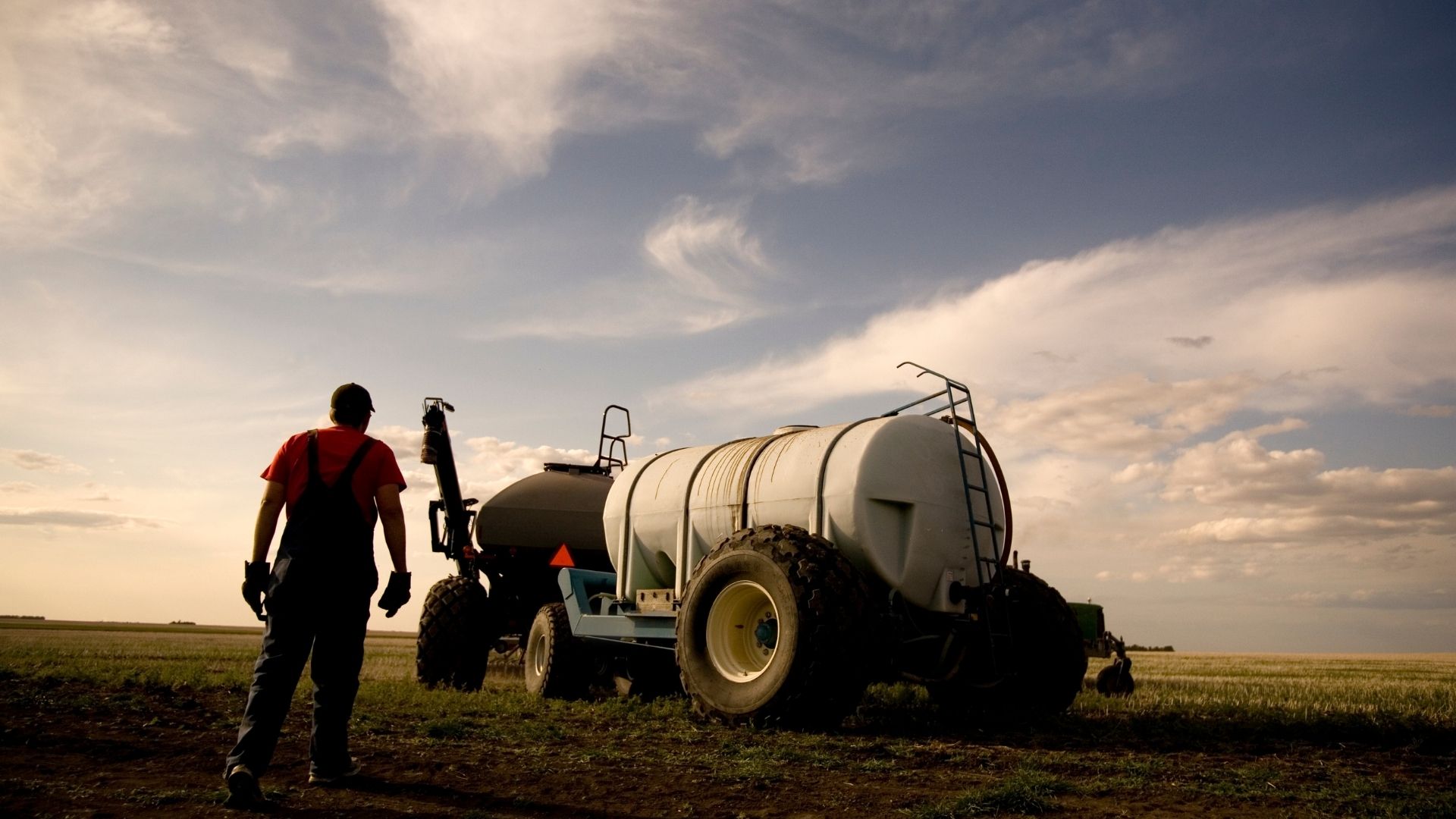Saskatchewan is recognized as one of the world’s premier agricultural regions, attracting a wide range of investors—from local producers and farm families to large-scale Canadian and international buyers. As farm land values rise and demand for quality acreage increases, understanding what investors seek in Saskatchewan farmland is more important than ever. If you’re considering selling your farm land, or simply want to increase its appeal, knowing these investor priorities is key to a successful sale.
1. Strong Productivity and Soil Quality
Productivity is at the heart of every great farm land investment. Investors place tremendous value on soil quality, as it directly impacts crop yields, long-term profitability, and land appreciation.
What this means for sellers
- Maintain clear yield records for major crops like wheat, canola, and lentils.
- Implement proper crop rotation and land stewardship to showcase sustainable productivity.
Why it matters
High-quality, well-managed soils are easier to market and justify premium pricing. Investors, especially those new to Saskatchewan, are more likely to move quickly on properties that come with strong agronomic documentation. A proven track record of crop success not only boosts value but also reduces perceived risk.
2. Reliable Water Access and Robust Infrastructure
Reliable access to water and solid infrastructure can be make-or-break factors in farm land investments. Investors evaluate whether a property has sufficient irrigation (where possible), good drainage, and necessary utilities.
Best practices:
- Highlight existing irrigation systems, wells, drainage ditches, and water licenses or rights.
- Ensure roads, grain bins, fencing, and outbuildings are well-maintained and documented.
- Provide maps and detailed descriptions in your listing to make these assets clear to buyers.
Land with strong water access and infrastructure offers stability for growing seasons, easier operations, and long-term adaptability—qualities investors are willing to pay a premium for. This is especially true in competitive regions of Sask, where every logistical advantage counts.
3. Favorable Location and Regional Growth
Location is critical for all types of real estate—and farmland is no exception. Investors analyze proximity to major highways, grain elevators, processing facilities, and supportive communities.
How to leverage your location:
- Highlight ease of access to market routes, railways, or agri-business hubs.
- If your land is in an area with strong land value appreciation or recent development, make it clear in your marketing.
Properties in high-growth or strategically situated regions tend to see faster appreciation and more consistent rental demand. Investors look for farm land that’s not only productive but also well-positioned for future expansion or diversification.
4. Clean Title, Legal Clarity, and Regulatory Compliance
Serious investors are cautious about legal encumbrances, boundary disputes, or unclear title. Saskatchewan farmland that’s ready for a straightforward transfer is much more appealing.
How to prepare:
- Ensure compliance with local zoning, environmental, and land use regulations.
- Prepare lease agreements, easements, and property tax statements for buyer review.
A clean, documented title and organized paperwork speed up due diligence and prevent last-minute deal-breakers. Investors want assurance that their acquisition is secure and that there won’t be hidden legal challenges down the road.
5. Scalability and Expansion Potential
Many investors are looking for farmland with room to grow. The ability to expand—either by acquiring adjacent parcels or by repurposing land—can be a major selling point.
How to highlight this:
- Note opportunities for parcel consolidation, future development, or mixed-use (grain, pasture, ranch).
- If your property borders other available land or includes multiple titles, include this in your marketing.
- Show how infrastructure or existing farm operations can be scaled up or diversified.
Land that can grow with an investor’s ambitions holds greater long-term appeal. Expansion potential increases flexibility for leasing, family succession, or investment partnerships.
6. Rental Income History and Leasing Opportunities
Not all investors want to farm themselves—many are interested in steady, reliable rental income. Farmland that already has good tenants or a strong lease history can attract higher offers.
What to provide:
- Lease agreements, rental rates, and tenant references (where appropriate).
- Documentation of historic rental income, payment reliability, and lease terms.
- Local rental demand insights (e.g., nearby producers seeking land).
Strong leasing fundamentals allow investors to see immediate returns on their purchase. Well-leased farm land is especially appealing to institutional and absentee investors who prioritize cash flow and stability.
7. Sustainable Practices and Environmental Credentials
Sustainability is no longer a trend—it’s a necessity. Modern investors are seeking Saskatchewan farmland that has been responsibly managed and aligns with ESG (Environmental, Social, and Governance) principles.
How to showcase sustainability:
- Provide records of no-till or low-till practices, cover cropping, or organic certifications.
- Document soil conservation, water management, and participation in agri-environmental programs.
- Highlight any renewable energy initiatives (wind, solar) on the property.
Demonstrating environmental stewardship not only widens your buyer pool but may also increase land value, as sustainability is increasingly rewarded in both domestic and global markets.
8. Market Transparency and Professional Marketing
Investors are drawn to properties that are clearly marketed, professionally presented, and come with all the information they need to make fast, confident decisions.
How to deliver:
- Work with a reputable agricultural real estate agent in Saskatchewan, like The Cawkwell Group.
- Invest in professional photos, maps, drone footage, and data-rich listing descriptions.
- Ensure your property is visible on all relevant farmland and investment platforms.
Well-marketed farm land attracts more attention, sells faster, and typically achieves higher sale prices. Transparency and professional presentation help investors trust the process and see your property’s full potential.
Final Thoughts: Position Your Saskatchewan Farmland for Investor Success
The Saskatchewan farmland market is vibrant and highly competitive, with investors seeking quality, clarity, and long-term value. By preparing your farm land according to these priorities—and partnering with a trusted agricultural real estate expert—you maximize your property’s appeal and unlock its full market potential.
Thinking of selling or positioning your farmland for investment?
Reach out to The Cawkwell Group for a complimentary farmland evaluation and tailored marketing plan. We’re here to help you make informed decisions, from preparing documents to highlighting your land’s best features.






